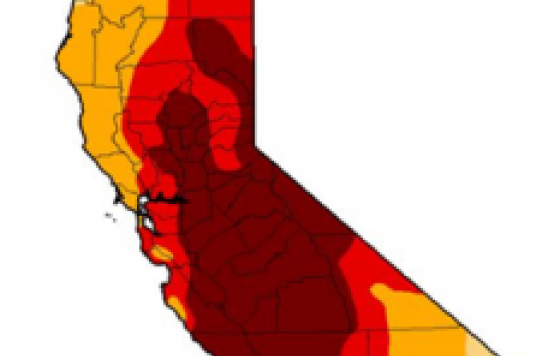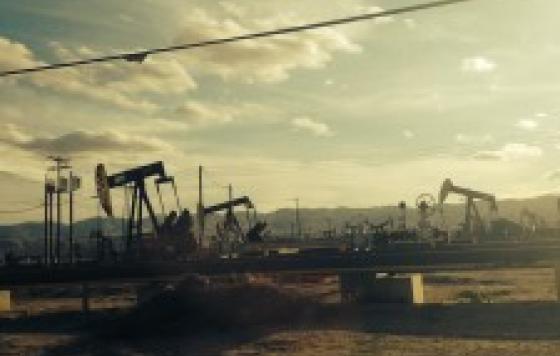
Publications by Clean Water Action
Clean Water Action y Clean Water Fund Informe Anual 2019
A lo largo de 2019, nuestros programas defendieron las protecciones esenciales del medio ambiente y de salud, al tiempo que fortalecieron la base de personas que se preocupan por nuestra agua y quieren verla protegida — ahora y para las futuras generaciones. Continuamos sentando las bases para revertir lo peor de los recortes y reversiones extremos propuestos por los contaminadores y sus aliados en el gobierno. Juntos, podemos restaurar el compromiso histórico de nuestra nación con el agua apta para pescar, nadar y beber.
Clean Water Action and Clean Water Fund 2019 Annual Report
Throughout 2019, our programs defended essential environmental and health protections, while strengthening the grassroots base of people who care about our water and want to see it protected — now and for future generations. We continue to lay the groundwork to reverse the worst of the extreme cuts and rollbacks advanced by polluters and their allies in government. Together, we can restore our nation’s historic commitment to fishable, swimmable, drinkable water.
Reuse During Covid Guide
ReThink Disposable & Clean Water Action/Clean Water Fund have released a timely guide for restaurants seeking to keep customers safe while at the same time honoring our commitment to the planet.
Letter to Congress, Re: Support Funding for Lead Service Line Replacement
While most of us know about the lead contamination in the tap water of Flint MI, few people realize that lead-contaminated drinking water is a nationwide problem, affecting every state. Action is long overdue. We urge the House of Representatives to support the Tlaib/Kildee lead service line funding amendment.
Clean Water Action comments on EPA's proposed revisions to the Safe Drinking Water Act's Lead and Copper Rule
Clean Water Action and Clean Water Fund respectfully submit these comments regarding the Environmental Protection Agency (EPA) National Primary Drinking Water Regulations: Proposed Lead and Copper Rule Revisions.
Clean Water Action y Clean Water Fund Informe Anual 2018
Adoptando una postura para proteger el agua limpia. El ambiente político y de política para proteger el agua limpia nunca ha sido más desafiante. Clean Water Action, sus miembros y sus aliados permanecen a la vanguardia de la lucha para mantener las protecciones fundamentales fuertes y eficaces — para nuestra agua, nuestra salud, nuestro clima y el futuro del planeta. Sin embargo, 2018 trajo algunas victorias importantes, y logros constantes en el tamaño y la fuerza de nuestro movimiento de agua limpia.
Posts by Clean Water Action
Stay Informed
Get the latest updates and actions:
Thanks for signing up!
There was a problem processing your signup. Please try again.

